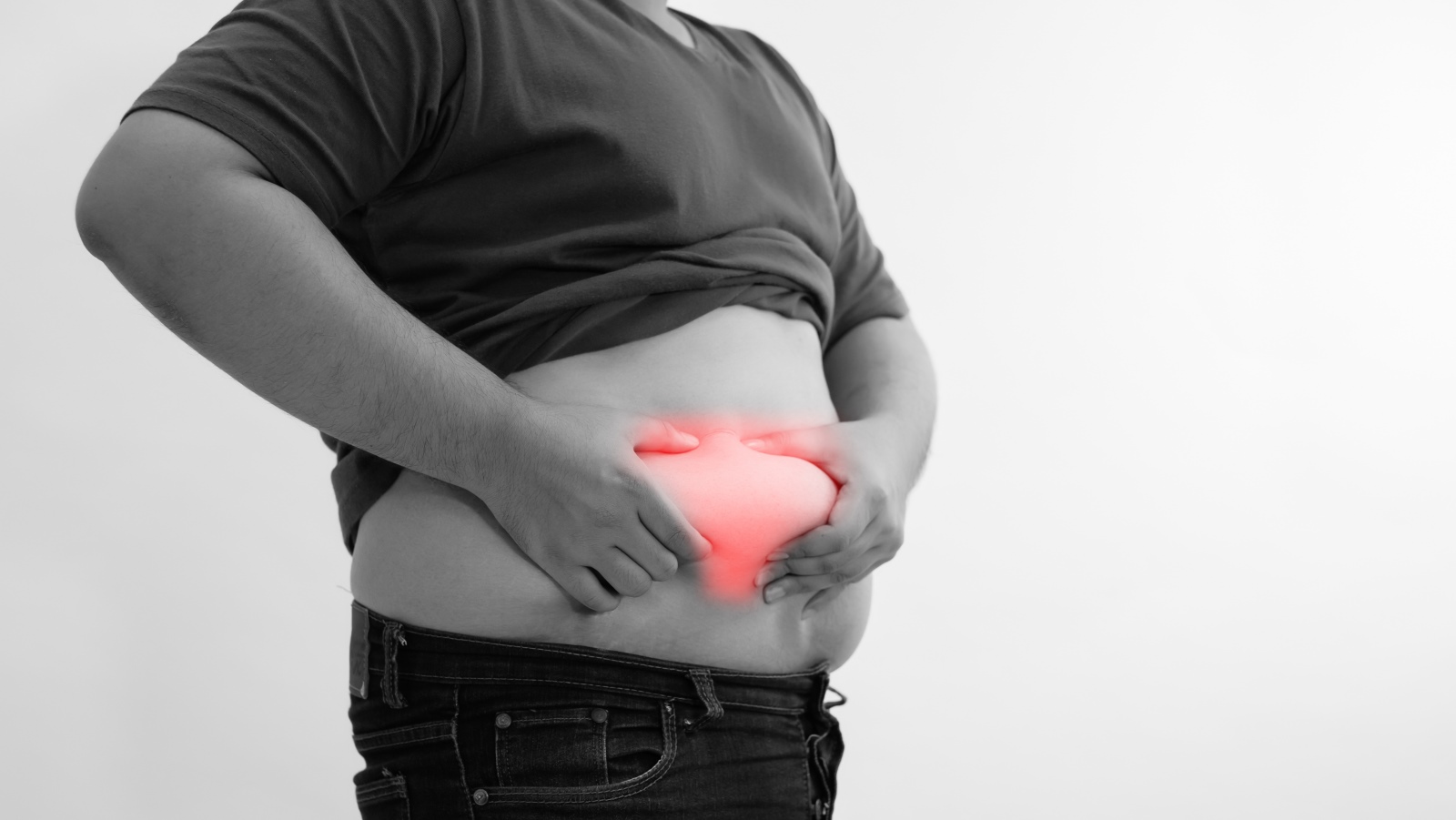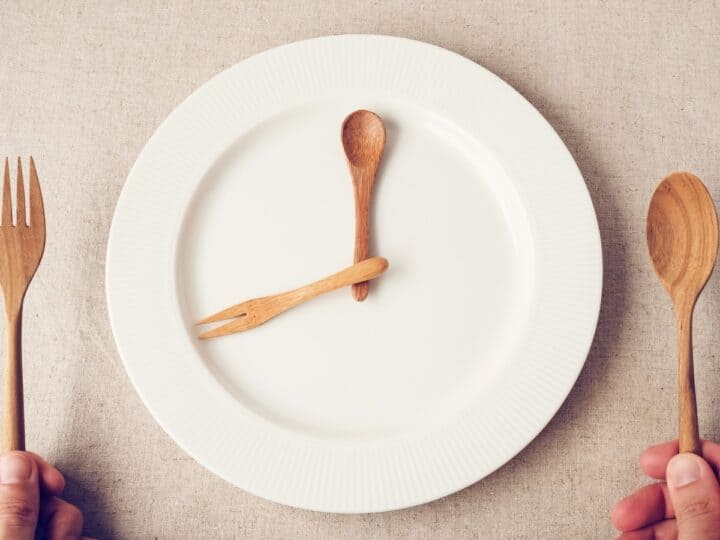A new, long-term diet study published in the American Heart Association journal Circulation reveals that over 18 months the Mediterranean-low-carb (Med-LC) diet is significantly superior to a low-fat diet in decreasing some of the body’s fat-storage pools, even with only moderate weight loss.
“Weighing patients or using blood tests to detect changes hasn’t, until now, given us accurate pictures, literally, of how different fat deposits are impacted disproportionately by diet and exercise,” said Ben-Gurion University of the Negev Prof. Iris Shai, the primary investigator of the CENTRAL MRI trial.
“These findings suggest that moderate exercise combined with a Mediterranean/low carb diet may help reduce the amount of some fat deposits even if you don’t lose significant weight as part of the effort.”
CENTRAL MRI, a randomized, controlled trial involving 278 sedentary, moderately overweight to obese men and women, marked the first time MRI imaging technology was used to plot changes in several of the body’s fat-storage pools throughout 18 months of Med-LC and low-fat diets with and without moderate physical exercise.
The study was done by BGU scientists in collaboration with the Dimona Nuclear Research Center and Soroka University Medical Center in Israel, and also included researchers from Harvard University in the US and Leipzig University in Germany.
“We learned in this trial that moderate, but persistent, weight loss may have dramatic beneficial effects on fat deposits related to diabetes and cardiovascular diseases,” Shai said.
Shai added that a Mediterranean diet rich in unsaturated fats and low in carbohydrates is a more effective strategy than an iso-caloric (moderate-carbohydrate) low-fat diet in dramatically reversing morbid fat-storage sites.
Earlier studies have found that Med-LC diets are effective in improving the cardio-metabolic state and in reversing carotid atherosclerosis.
“The CENTRAL study demonstrates that improving nutritional quality and being physically active can improve cardio-metabolic risk markers through changes in visceral/ectopic fat deposits that are not reflected by changes in body weight alone,” Shai concluded.
















